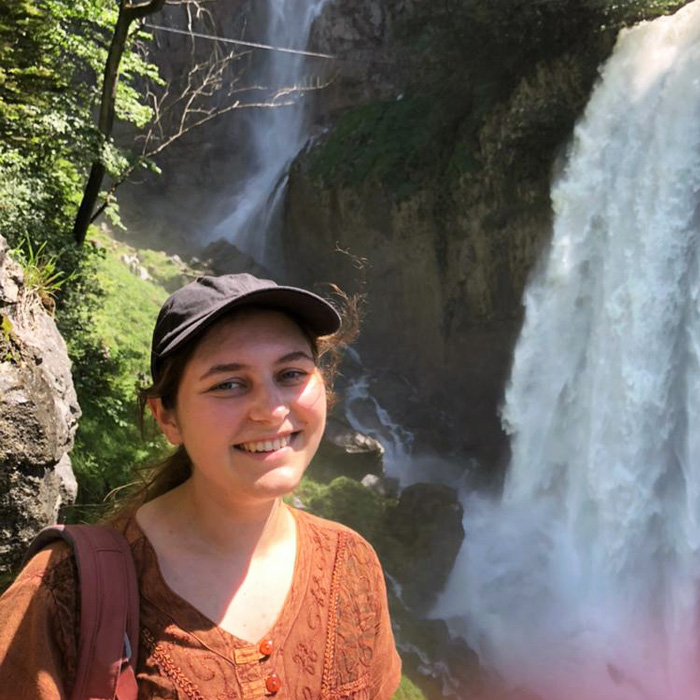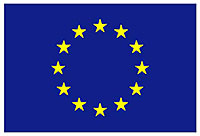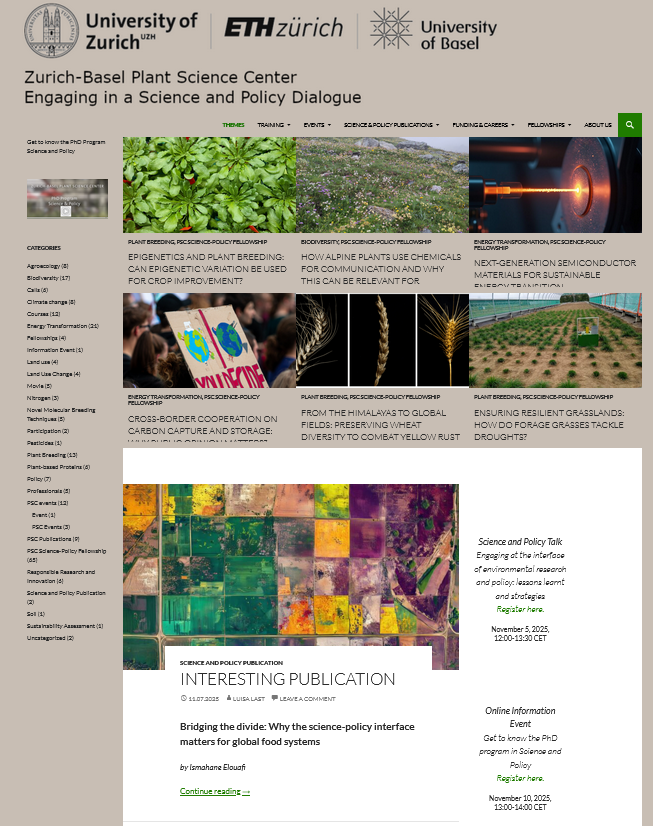Monitoring the Effect of Deforestation and Reforestation on Vertebrate Diversity using River eDNA

Fellowship Duration: May 2021 - Jan 2025
PhD Student: Monika Goralczyk (LindeIn)
Principal Investigator: Prof. Loïc Pellissier, Ecosystems and Landscape Evolution, Institute of Terrestrial Ecosystems, Department of Environmental Systems Science, ETH Zurich, Switzerland
Project Partner: Dr. Arnaud Lyet, WWF US (USA)
Research Fields: Molecular Ecology, Environmental DNA, Biodiversity Monitoring and Conservation, Forest Restoration, Spatial Analyses, Ecosystem Recovery
Project Description
Forest loss and degradation jeopardizes the provision of essential ecosystem services critical for climate regulation and societal well-being. Restoration projects, which often involve a mix of planting native vegetation and natural regeneration, aim to bring these ecosystems back to an old-growth forest condition. While the viability of restored ecosystems depends on reestablishing ecological processes between living organisms and their environment, non-vegetation elements of ecosystems are rarely reported, often due to focus on carbon-storage enhancement or limited availability of biodiversity monitoring tools. However, to achieve success, recovery of other living organisms, such as wildlife, fungi and microorganisms is needed and should inform monitoring protocols to guide restoration practices.
To address this knowledge gap, we use a novel approach of quantifying biodiversity through environmental DNA (eDNA) to compare mammal, fungi and soil macroinvertebrate diversity between forests at different stages of succession: from degraded pasture through restored to old-growth neotropical forests. Coupled with information about functional traits, eDNA data sheds new light on faunal community recovery in neotropical forests.
Beyond understanding biodiversity loss and recovery, effective ecosystem restoration requires robust tools for biodiversity assessment and long-term monitoring. While environmental DNA (eDNA) sampling in rivers has proven valuable for these goals, its wide-scale application in terrestrial ecosystems remains largely underexplored. In this project, we demonstrated how hydrological modeling can effectively use river eDNA data to infer the spatial distribution of important mammal species, such as black bears, across mountainous landscape.
Through partnering with the World Wildlife Fund (WWF US), we address the gap between academic research and practical application in areas such as sustainable development, Nature-based Solutions and wildlife conservation. Our collaboration focuses on identifying synergies and gaps between conservation practitioner needs and eDNA methods and developing recommendations to adapt this approach for conservation practice.
This fellowship is hosted by the Zurich-Basel Plant Science Center.
Activities and Publications
Doctoral thesis Uncovering mammal diversity patterns and tropical forest dynamics with environmental DNA
PSC Blog article (2024) on Unlocking Forest Restoration Success: DNA traces are Revolutionizing Wildlife Monitoring and Conservation
WWF project highlight on Monitoring wildlife recovery in restored forests (2021) on Environmental DNA
Conference poster at the BES Annual Meeting 2024 (Liverpool, UK, Sep 2024)
Conference poster at the Biology24 (Zurich, Switzerland, Jan 2024)
Conference talk at the SCB's 31st International Congress for Conservation Biology (ICCB 2023) (Kigali, Rwanda, Jul 2023)
Booth ‘Explore the wonders of biodiversity’ at Scientifica (Impressions) (Sep 2023)
MOOC on ETHx: Environmental DNA: Sensing the Diversity of Life and Assessing Ecosystem Health (2023 - ongoing)
Secondment
Furthermore, Monika had the opportunity to join WWF US in working to bridge the gap between academic research and practical applications by contributing her expertise in the field of environmental DNA (eDNA). While this innovative species detection technology has proven valuable in research settings, its adoption beyond academia remains limited. Building on case studies and experience from her secondment, Monika synthesized insights about potential eDNA applications to enhance WWF’s work. Now Monika is collaborating with WWF to develop a white paper on implementing eDNA in conservation practice. This research combines an initial literature review with practitioner surveys and interviews to identify implementation barriers and provide recommendations for bridging the science-practice divide through cross-sector collaboration.
Duration: Aug 2024 - Jan 2025
Stakeholder Workshop
The title of the first stakeholder workshop that took place on July 25, 2022 (Santa Marta, Colombia) was “Review and socialization of the environmental DNA project to be implemented in the National Park Sierra Nevada de Santa Marta (PNN SNSM)” (Original title (ES): Revisión y socialización del proyecto de DNA ambiental a implementar en el PNN SNSM). As a hotspot of biodiversity unique at the scale of the world, the PNN SNS is an important place for preserving the natural heritage. For this reason, we identified the park management, who oversees activities of the park in line with the management plan, as an important stakeholder in monitoring outcomes of forest restoration. Monika, the project’s PI, collaborators from ETH and the Foundation Biodiversa met with the representatives of PNN SNSM at the offices of National Parks in Santa Marta, Colombia. The goal was to evaluate the opportunities for co-production of knowledge in the context of monitoring biodiversity with eDNA in the PNN SNSM. The exchange of ideas during the workshop has led to implementing a joint initiative - from writing a proposal to carrying out the first steps of a pilot project in the PNN SNSM, the results of which will be published in a peer reviewed publication about monitoring forest restoration with eDNA.
Another stakeholder workshop titled “ETH & WWF eDNA workshop 2023” (in Zurich, Switzerland, 16.01.2023 - 23.01.2023) was conducted in collaboration with WWF Bhutan, WWF US and the Bhutanese government representatives. Together with other eDNA researchers at ETH Zurich, Monika organized an engaging event with participants from NGOs and governmental agencies in Bhutan and the US. The workshop aimed to foster practical application of eDNA-based methods in conservation initiatives. The objectives included 1) introducing participants to laboratory, field and bioinformatic protocols and tools; 2) interpretation of the outputs of the eDNA analyses; and 3) discussing ways to better align result presentation with the specific needs of conservation practitioners. The workshop highlighted the limitations of current tools for analyzing eDNA data in non-academic settings, emphasizing the need for more practical solutions. Participants discussed the importance of effectively presenting scientific findings to ensure accessibility for stakeholders like practitioners, policymakers, and the public. Insights from potential collaborations in Bhutan underscored the complexities of working with diverse stakeholders and the need for clear discussions on methodologies and expectations. The experience emphasized the role of stakeholder engagement in fostering impactful conservation projects. The workshop was a part of the broader collaborative efforts to align eDNA methods with needs of stakeholders in Bhutan, which are described in an article.


